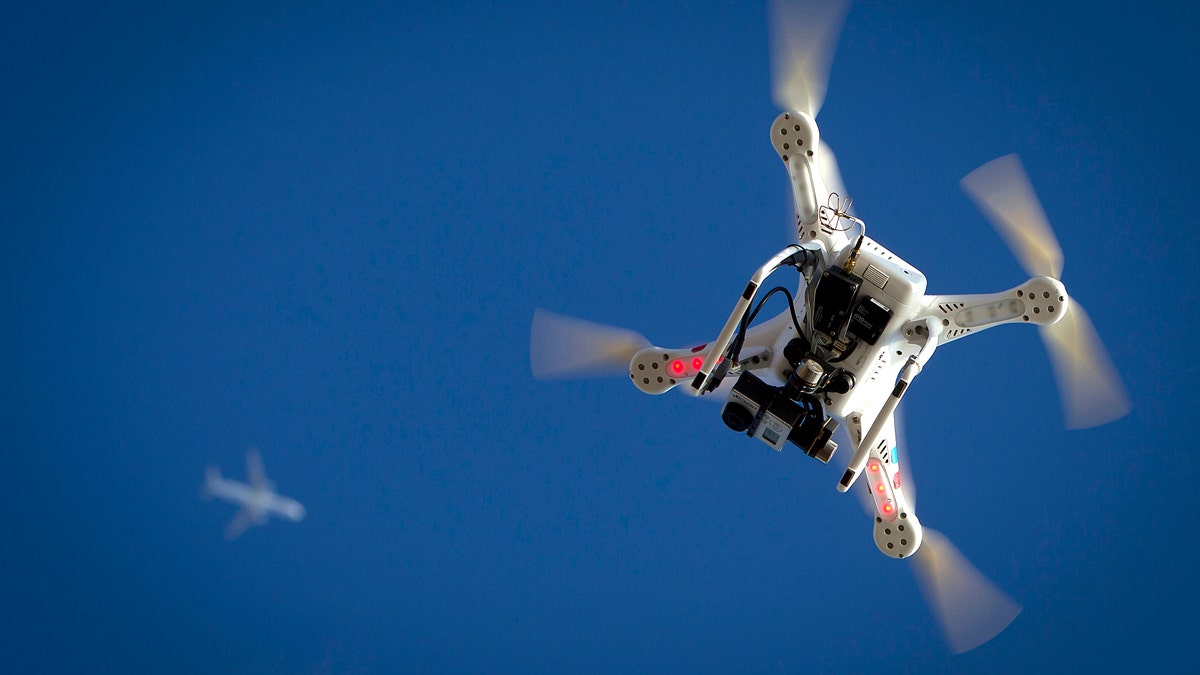
File photo - An airplane flies over a drone during the Polar Bear Plunge on Coney Island in the Brooklyn borough of New York Jan. 1, 2015. (REUTERS/Carlo Allegri)
An increase in security in Washington D.C. in recent years means drone flights in its airspace are already severely restricted.
But there's a good chance that some quadcopter enthusiasts heading to the capital this Friday intent on capturing some aerial footage of Donald Trump's inauguration are unaware of the rules, or simply hoping they can sneak in a quick flight.
However, the advice is: Leave your drone at home.
In a message posted online on Tuesday, the Federal Aviation Administration-supported Know Before You Fly campaign reminded drone users that the city and surrounding areas are already designated no-drone zones. And with security extra tight for The Donald's big day, there'll be many more eyes on the skies than usual.
More From Digital Trends
- U.K. drone crackdown means users may have to pass a test to fly them
- The FAA is approving an average of 300 commercial drone certifications a day
- Watch this daredevil autonomous drone fly through narrow gaps at high speed
- DJI drops the speed specs on the Inspire 2 and apologizes to customers
- Sweden has just made it a whole lot harder to fly camera drones
Besides the obvious risk of drones tumbling toward the ground and landing on someone's head, security services know they could also be used to deliver an unwanted payload close to the president or into the crowd.
"Any person who knowingly or willfully violates the rules concerning operations in this airspace may be subject to certain criminal penalties," the FAA said in another online message. The agency points out that individuals who fly quadcopters or other types of unmanned aerial vehicles in violation of federal regulations could face fines "of up to $1,414 per violation."
Meanwhile, companies that break the rules may have to pay "up to $32,140 per violation" if found guilty of charges. Drone operators could also be hit with additional fines if it's discovered they haven't registered their flying machine with the FAA.
Know Before You Fly adds that the FAA usually imposes flying restrictions in airspace for presidential visits to other parts of the country, as well as during natural disasters or hazards, such as wildfires. Sporting events with a seating capacity of 30,000 or more, including the upcoming Super Bowl LI at the NRG Stadium in Houston, as well as Major League Baseball games and NASCAR motor speedway events, also trigger flight restrictions for specific periods of time.




















